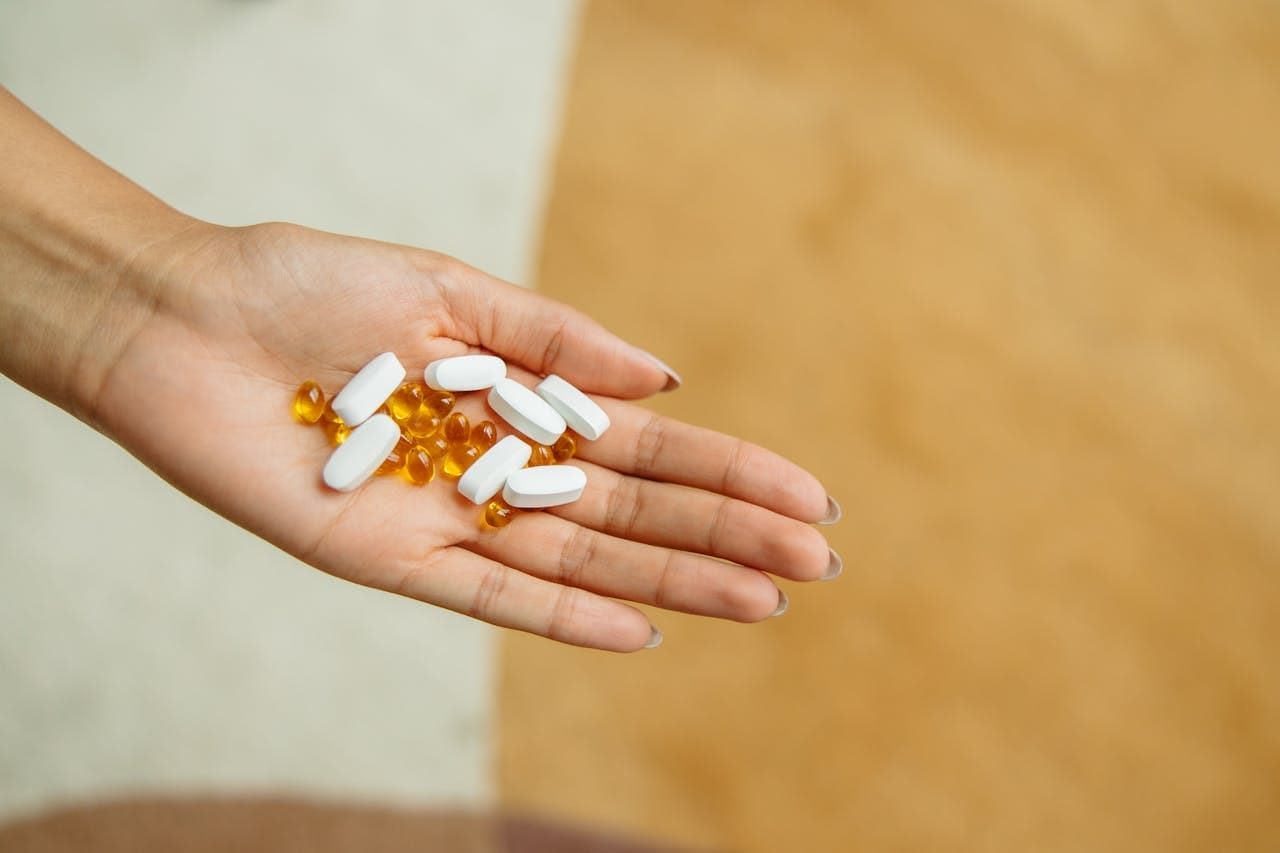The way supplements are produced varies significantly depending on their region of manufacture. Beyond equipment and facilities, factors such as regulations, ingredient availability, and packaging standards differ from country to country. A food supplement manufacturer in Asia may follow different protocols compared to counterparts in the USA or Europe, influenced by religious practices, local customs, and governmental regulations.
For brands aiming to cater to a global or niche audience, such as Muslim-friendly supplements, understanding these regional differences is crucial. This knowledge helps in avoiding missteps, optimizing budgets, and setting realistic timelines. As planning for end-of-year launches intensifies, being aware of regional standards can guide new brands toward more informed decisions before production begins.
Regional Rules and Certification Differences
Quality standards and labeling regulations significantly impact supplement manufacturing, with each region implementing its own set of rules. In the USA, manufacturers adhere to FDA guidelines, allowing some flexibility in product claims. Europe enforces stricter controls, specifying ingredient levels and advertising standards that must be uniformly followed. Asia’s regulations vary by country; for instance, Malaysia has established robust certification processes, particularly for halal production.
In regions with high demand for Muslim-friendly products, such as Southeast Asia, halal certification is not merely an option but a necessity. This requirement influences the entire manufacturing process, from sourcing and mixing to packaging. Equipment must be cleaned according to specific protocols, ingredients are scrutinized meticulously, and labels must comply with approved terminology.
Manufacturers operating across multiple regions must stay informed about local requirements to prevent production delays. Many adapt their processes based on the target market. For example, a supplement produced in Malaysia for distribution in France or the USA may require modified packaging or additional testing to meet the destination country’s standards.
Cultural Influence on Ingredient Choices
Consumer preferences for supplement ingredients are often shaped by regional diets, traditions, and taste profiles:
• North America: Prefers plant-based ingredients, hypoallergenic formulations, and vegan capsules.
• East Asia: Incorporates traditional herbs like ginseng or tongkat ali into wellness products.
• Middle East: Seeks halal-certified products that exclude certain enzymes or gelatin sources.
Sensory attributes like texture and aroma also play a role. Some cultures are sensitive to strong scents or earthy flavors, necessitating techniques such as tablet coating or flavor masking. For brands aiming for a global reach, ingredient selection should align with both regulatory requirements and consumer preferences in each target market.
How Climate Impacts Manufacturing and Storage
Climate conditions significantly influence supplement formulation and storage. Products manufactured in hot, humid regions like Malaysia must be designed to withstand such environments. Heat can degrade certain vitamins, moisture can cause powders to clump, and packaging adhesives may lose effectiveness.
To address these challenges, manufacturers implement strategies to ensure product stability and safety:
• Specialized Packaging: Utilizes materials that protect against moisture and light.
• Temperature-Controlled Facilities: Maintains optimal conditions during production and storage.
• Ingredient Adjustments: Selects components with longer shelf lives suitable for warmer climates.
These measures are essential for maintaining quality. Between November and early January, many parts of Asia experience increased rainfall and higher humidity, elevating risks of mold or bacterial growth if conditions are not properly controlled. This underscores the importance of meticulous planning for December or January product launches.
Muslim-Friendly Trends in Global Supplement Production
The global demand for halal-certified supplements is rising, extending beyond Muslim-majority countries. This trend is driven by consumers in Europe, the Middle East, and North America seeking products that align with their dietary laws.
Manufacturers with established halal certification processes are well-positioned to meet this demand. In Malaysia, where halal practices are integrated into manufacturing systems, facilities can efficiently produce products that comply with global halal standards. This capability allows them to serve both local markets and international brands aiming to enter halal markets confidently.
Offering halal-certified products also appeals to consumers valuing cleanliness, transparency, and ethical sourcing. Halal certification is increasingly associated with broader values like ethical sourcing and plant-based nutrition.
Challenges New Brands Should Know About by Region
Expanding into international markets involves navigating various regional challenges:
• Ingredient Sourcing: Can be delayed in areas with strict import regulations or logistical issues.
• Local Holidays and Observances: May slow production schedules, especially near year-end.
• Language Barriers: Can lead to miscommunications in documentation or packaging design.
Manufacturing schedules may not align with planned launch dates. For instance, factories in Malaysia often reduce operations by mid-December. Initiating projects too late can result in material shortages, delaying production until early January.
Clear planning and detailed instructions can mitigate these issues. Confirming formulations, finalizing labels in advance, and selecting ingredients available year-round in the chosen production region contribute to smoother operations.
Staying Flexible and Focused When Choosing a Manufacturer
Building a successful supplement brand requires understanding that manufacturing practices vary by region. Each food supplement manufacturer operates within local regulations, meets regional consumer expectations, and faces unique challenges based on their environment.
What is effective in Malaysia may not be suitable in Germany or California. Conversely, processes that seem slow in one market may be efficient in another. Therefore, understanding a region’s regulations, climate, and cultural norms simplifies collaboration with manufacturers and enhances predictability.
Choosing a manufacturing location should consider more than just cost. It should align with your brand’s values, cater to your target audience, and be viable throughout the year. Clear communication and adaptability lead to time savings and better outcomes.
Planning your next launch is more straightforward when you understand how regional differences impact your production strategy. From ingredient sourcing to labeling compliance, maintaining a flexible supply chain paves the way for sustained success. Partnering with a seasoned food supplement manufacturer in Malaysia can provide support with halal-certified production and efficient regional distribution. At ORiBionature, we assist brands in aligning with market conditions, certification requirements, and future growth. Connect with us today to start planning with confidence.

